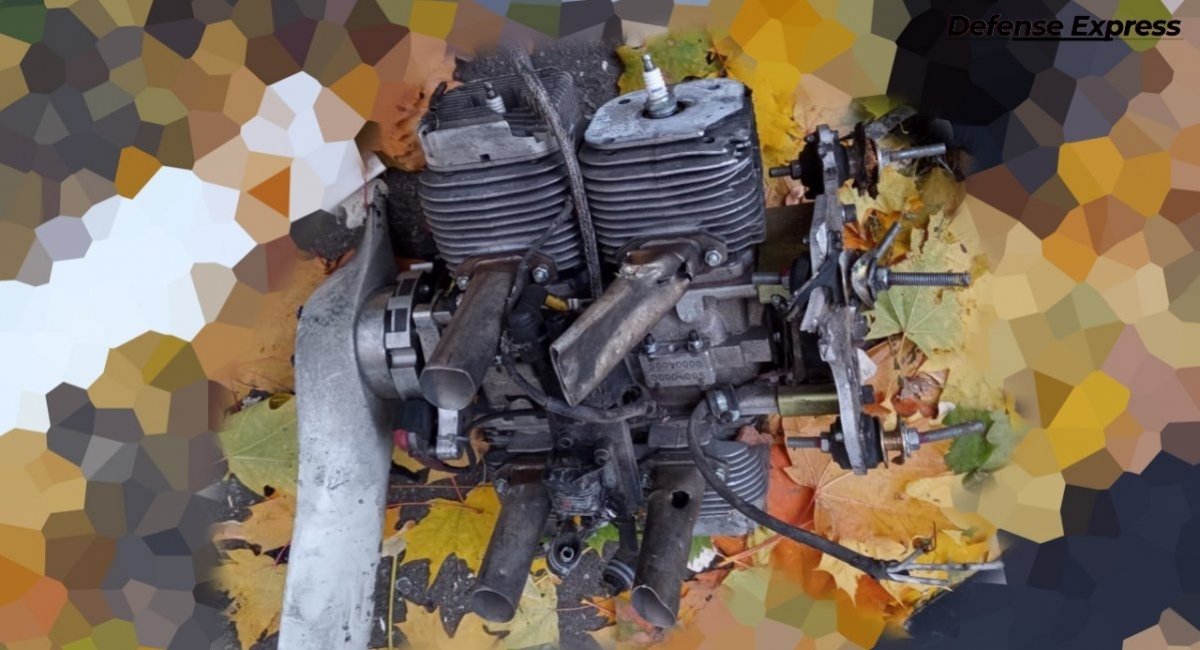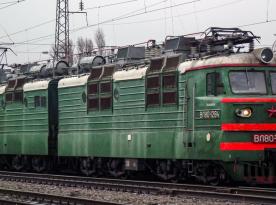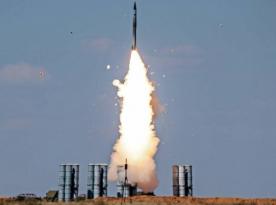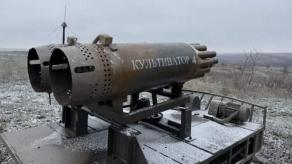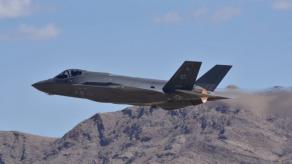Production of Shahed long-range loitering munitions, aka Geran-2 in russia, continues to phase away from the original iranian design towards cost efficiency. The trend is evident after recent findings during the analysis of a downed sample.
Sources told Defense Express that among the wreckage a long-range drone shot down the other day, a modified engine was found. Not too pricey even in its standard assembly — the MD-550, ripoff of the German Limbach L550E 50-hp two-stroke engine — the modified version lacked a starter and a flywheel for the sake of simplicity and cost efficiency.
Read more: Up to 10 Shahed Drones Entered Belarus Overnight: One Went Down, with No Aircraft Response
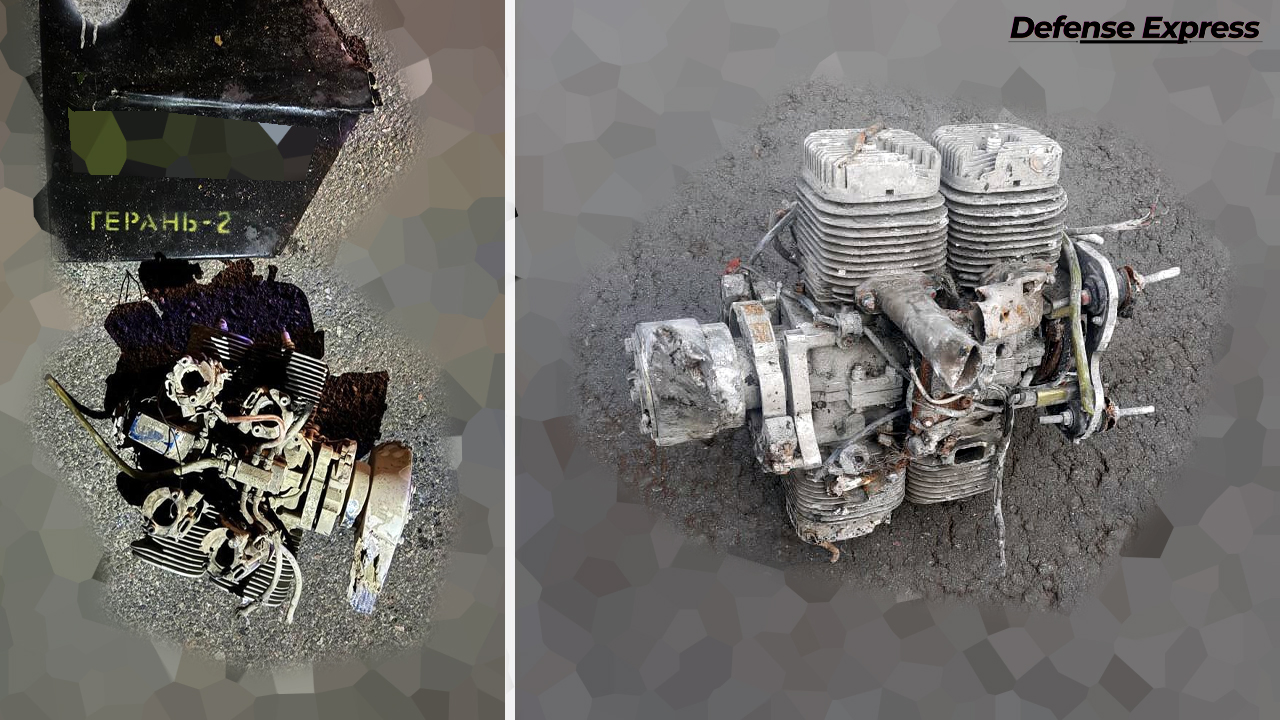
For comparison, here is a photo of the original engine that was used with Shaheds earlier:
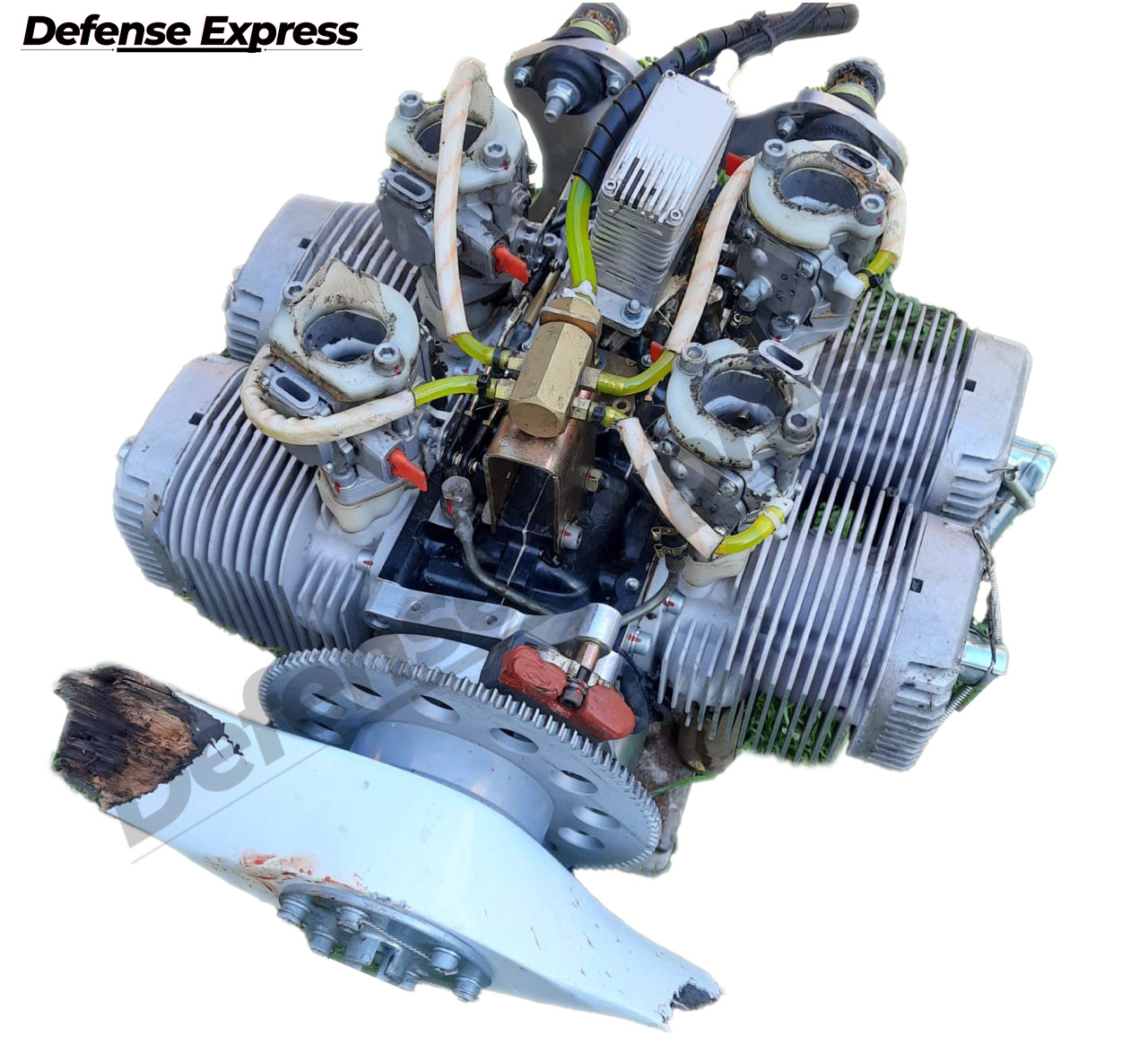
Considering these engines are mostly produced in China, this means Moscow procures them in exactly this configuration on special orders. This way, the cost per unit is reduced, allowing for increased order volumes and therefore making more Shaheds.
In addition, the sample shows that many other elements of the original iranian Shahed-136 design have also been simplified to make them easier to produce, shortening production cycles. All these newer alterations add up to the previous design improvements introduced by russian engineers previously, as part of the localization effort at the Alabuga industrial zone, with the aim of making them more robust or increasing performance. These include using different materials for the airframe and body, replacing electronic components and warheads.
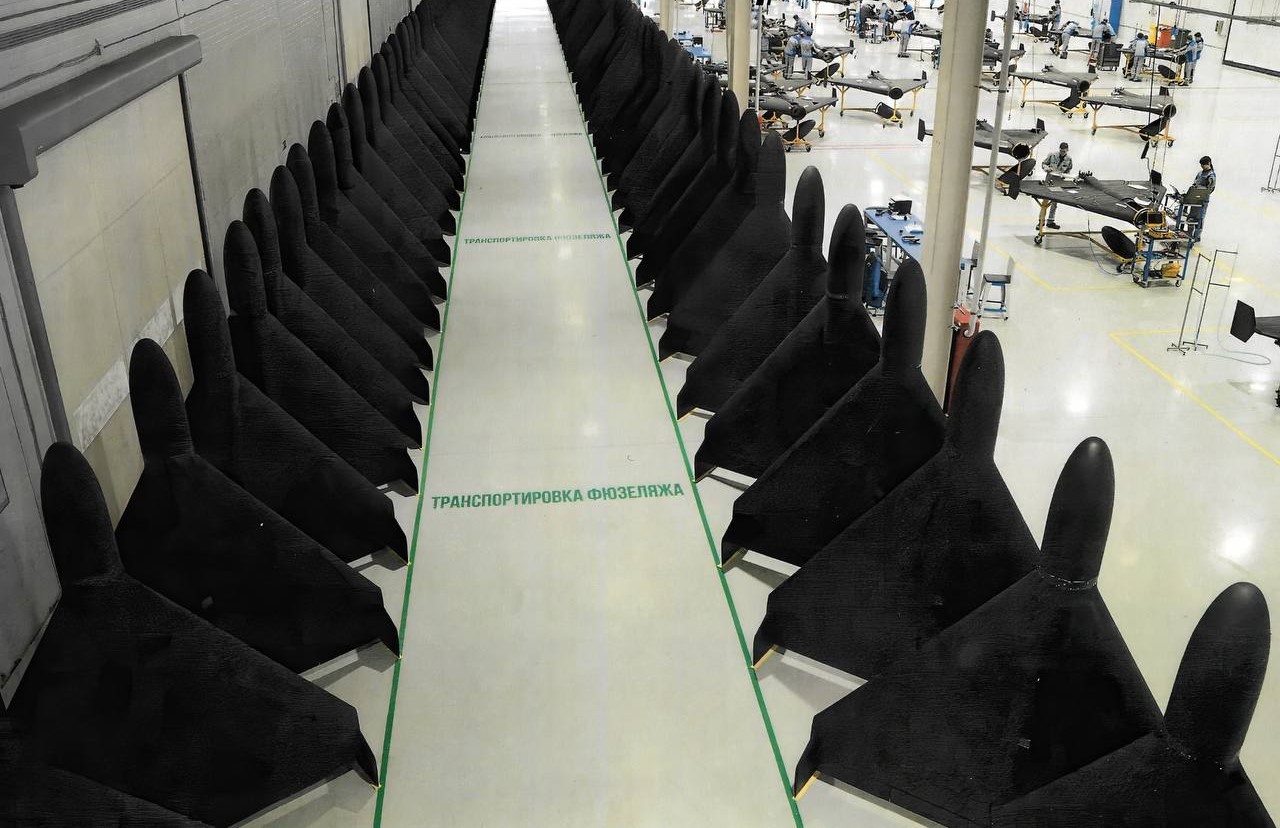
For a reminder, although the initial estimates were that a Shahed-136 costs between 40 and 50 thousand dollars, in reality, the price turned out to be many times higher: $193,000 per unit in mass production. The modifications we can see now is one way to lower the cost as much as possible.
Some of the russian attempts have borne fruit before, as the volumes of Shahed-type drones production in russia have been steadily increasing. By September 2024, Alabuga ramped up enough to meet the yearly production plan for 6,000 Shahed-136s ahead of schedule. According to Western analysts, peak figures could reach 600 to 800 units produced each month.
That is compared to the beginning of 2024, when monthly production was believed to limp at around 330 to 350 Shahed-136s monthly, according to the Defense Intelligence of Ukraine. However, an intelligence official stressed that the production rates relied on the accessibility of components, mostly from Chinese suppliers, not on the capacity of russian plants.
Read more: Ukraine's Drone Production Go Through the Roof: Plan to Make One Million in 2024 Exceeded




